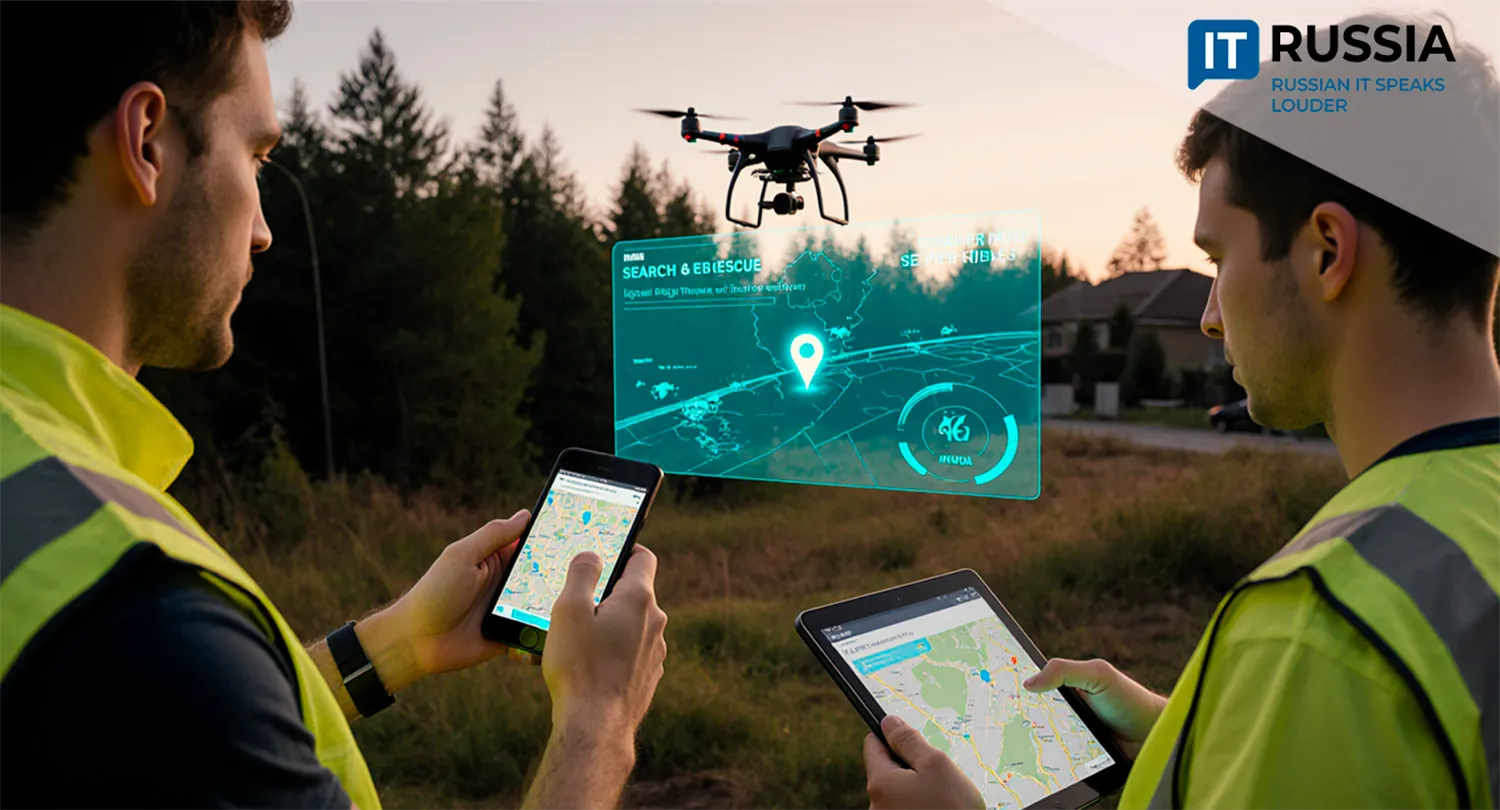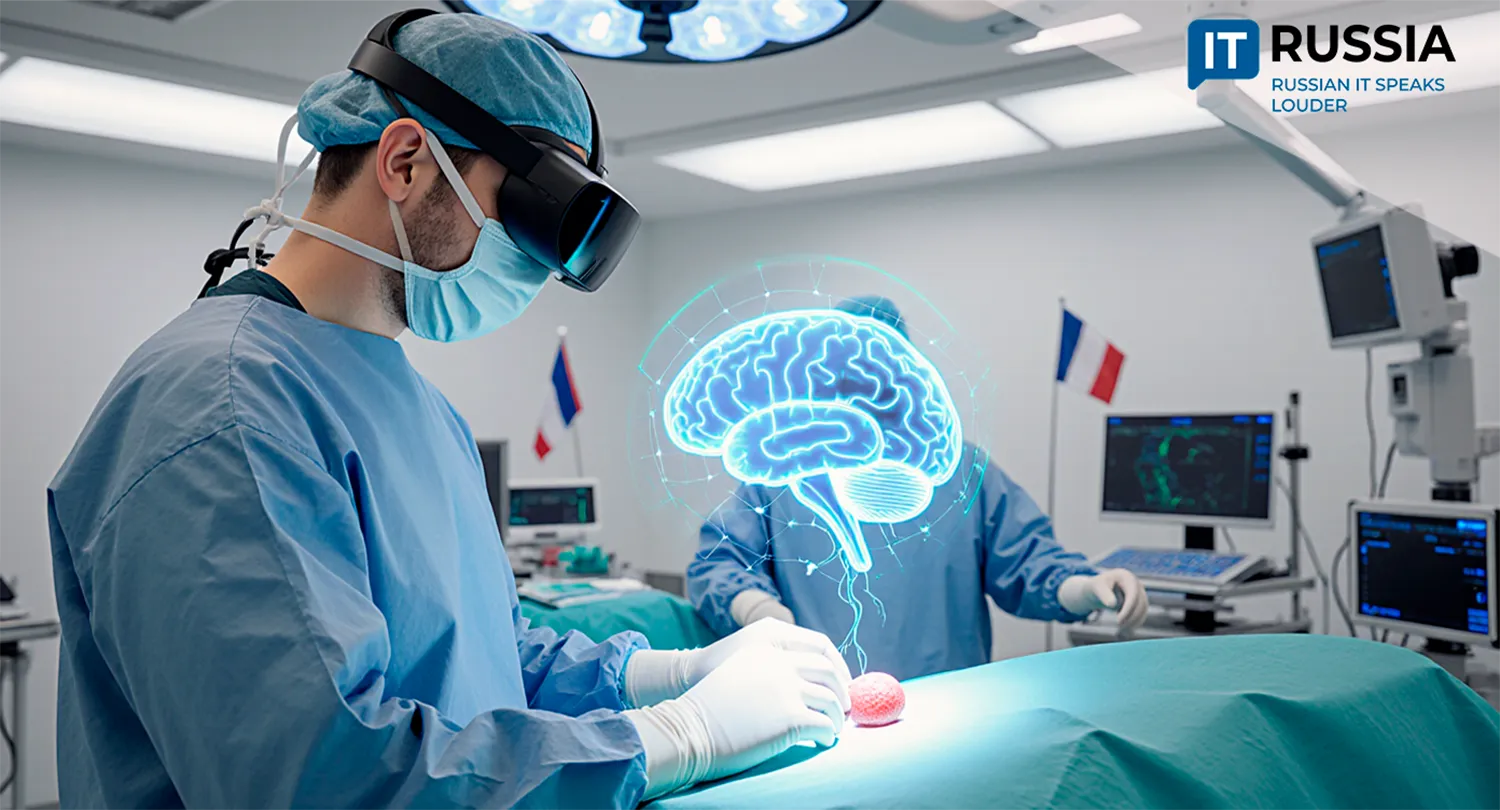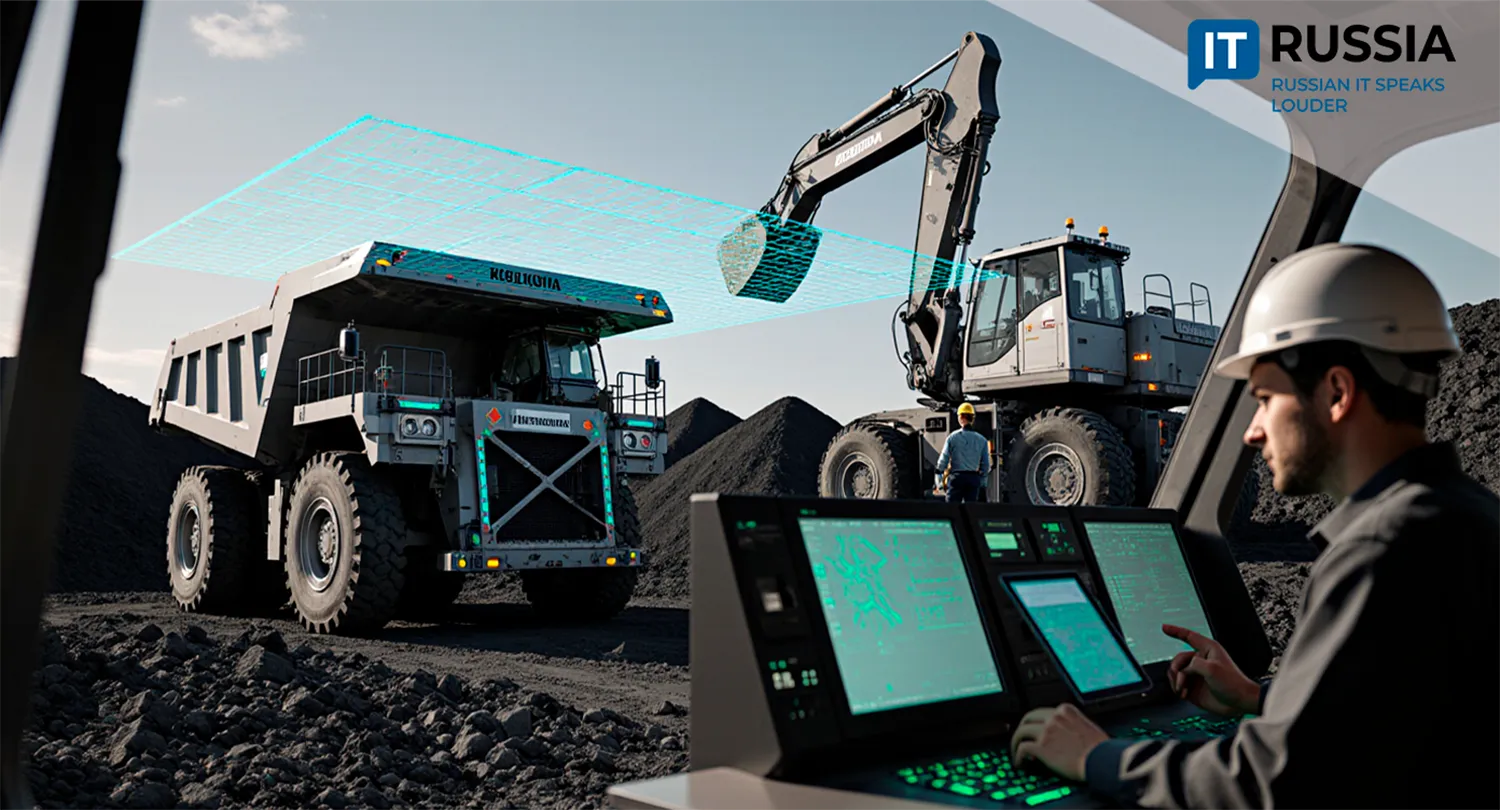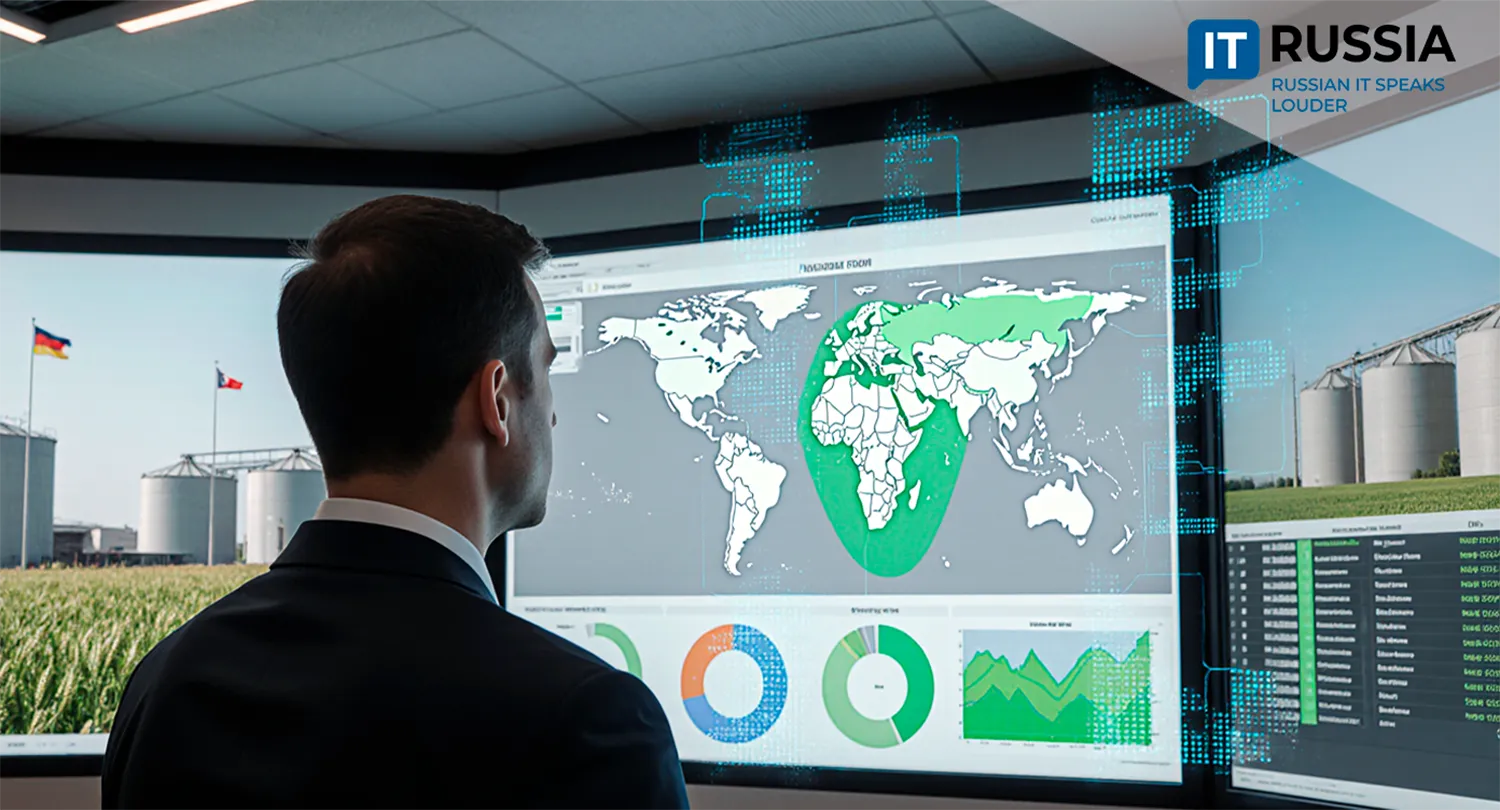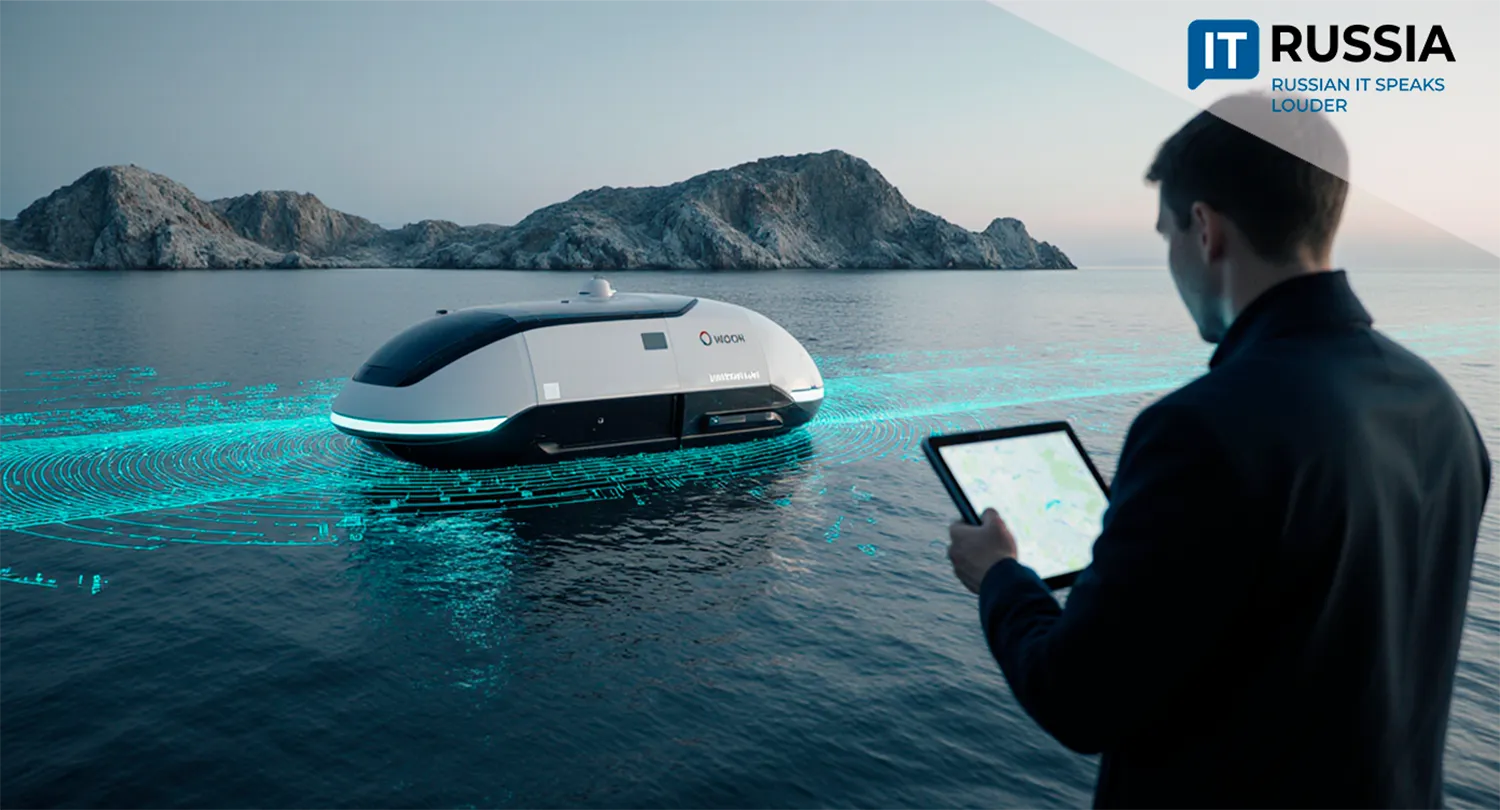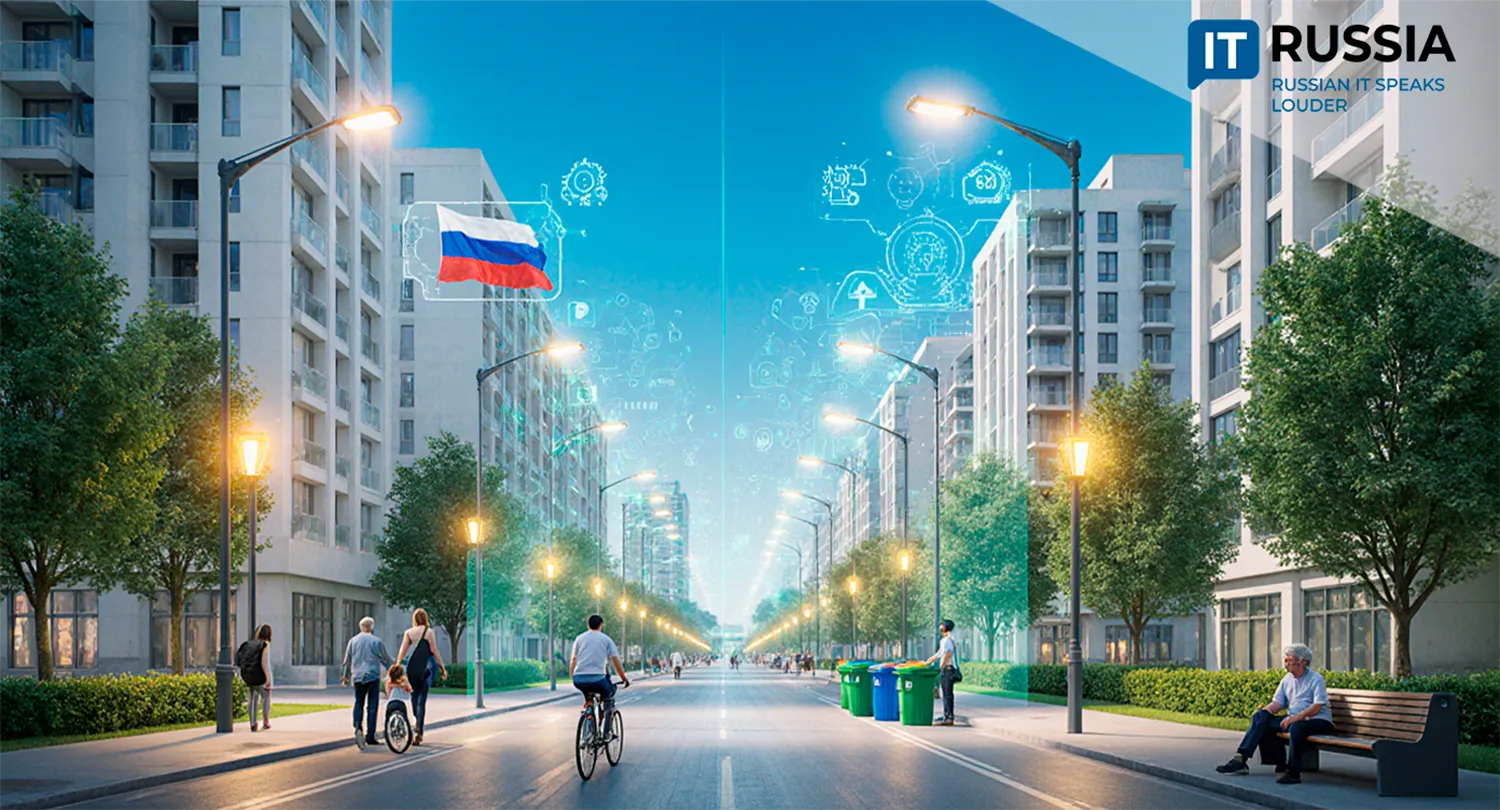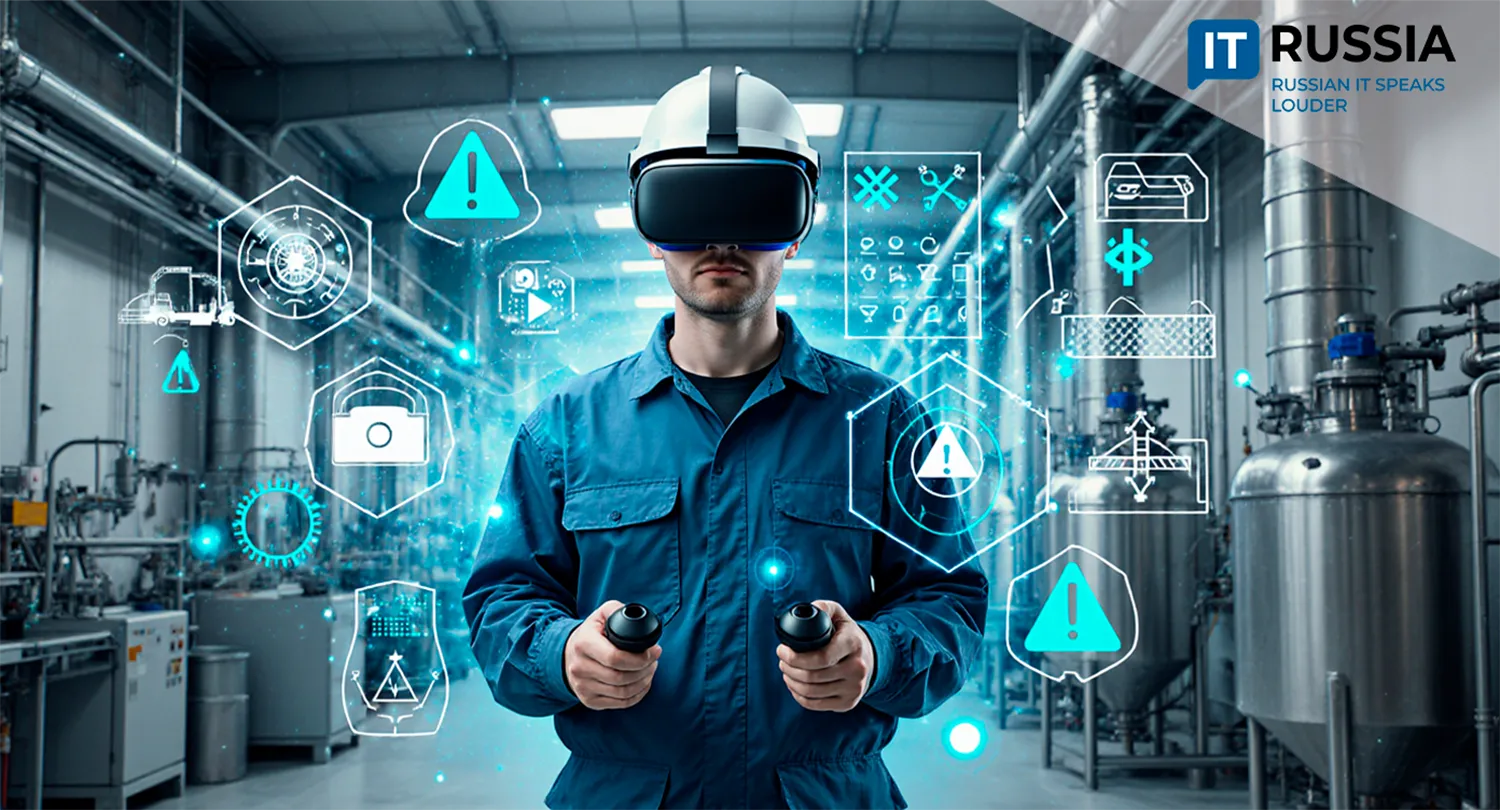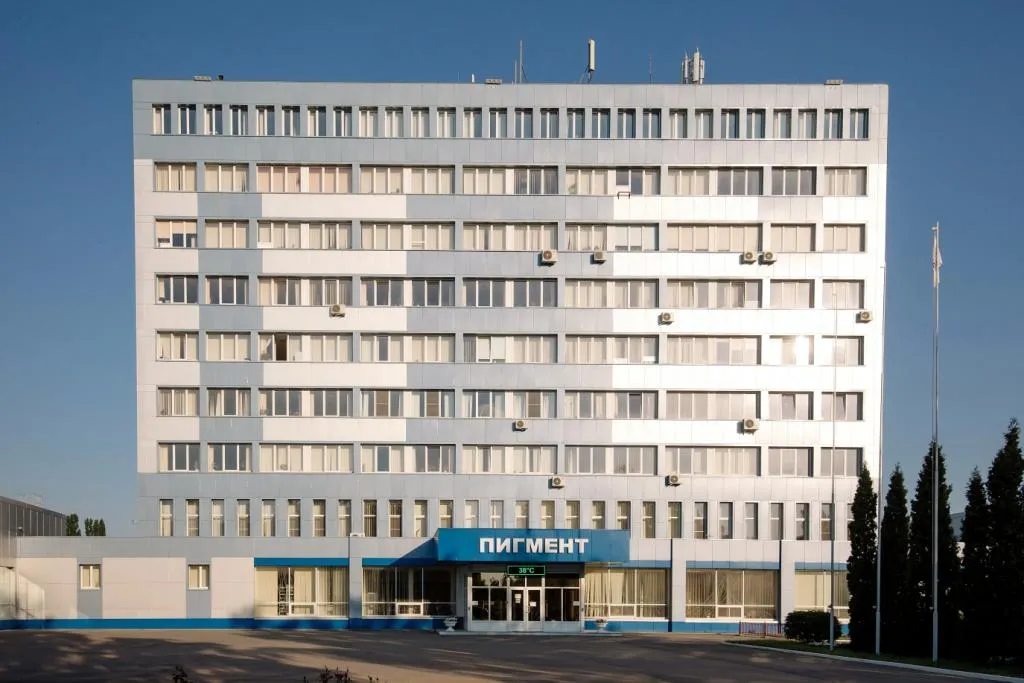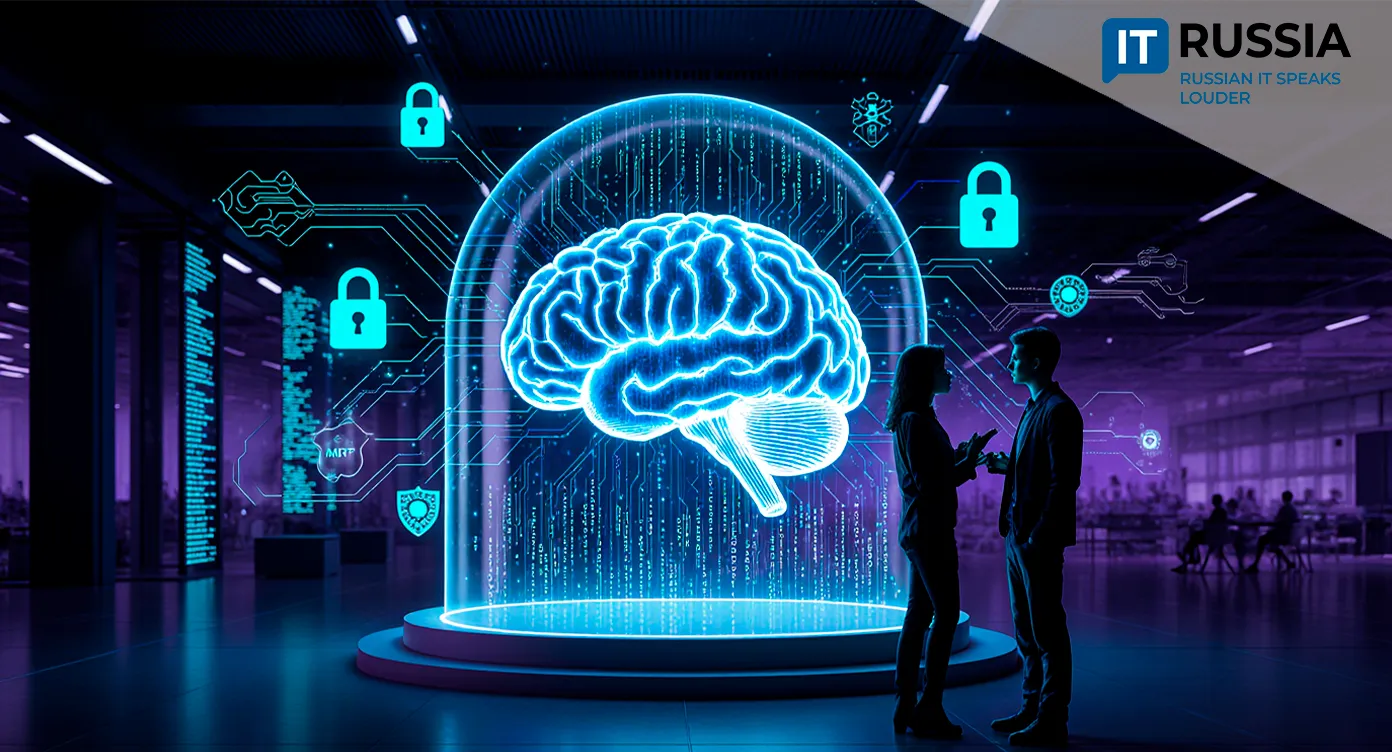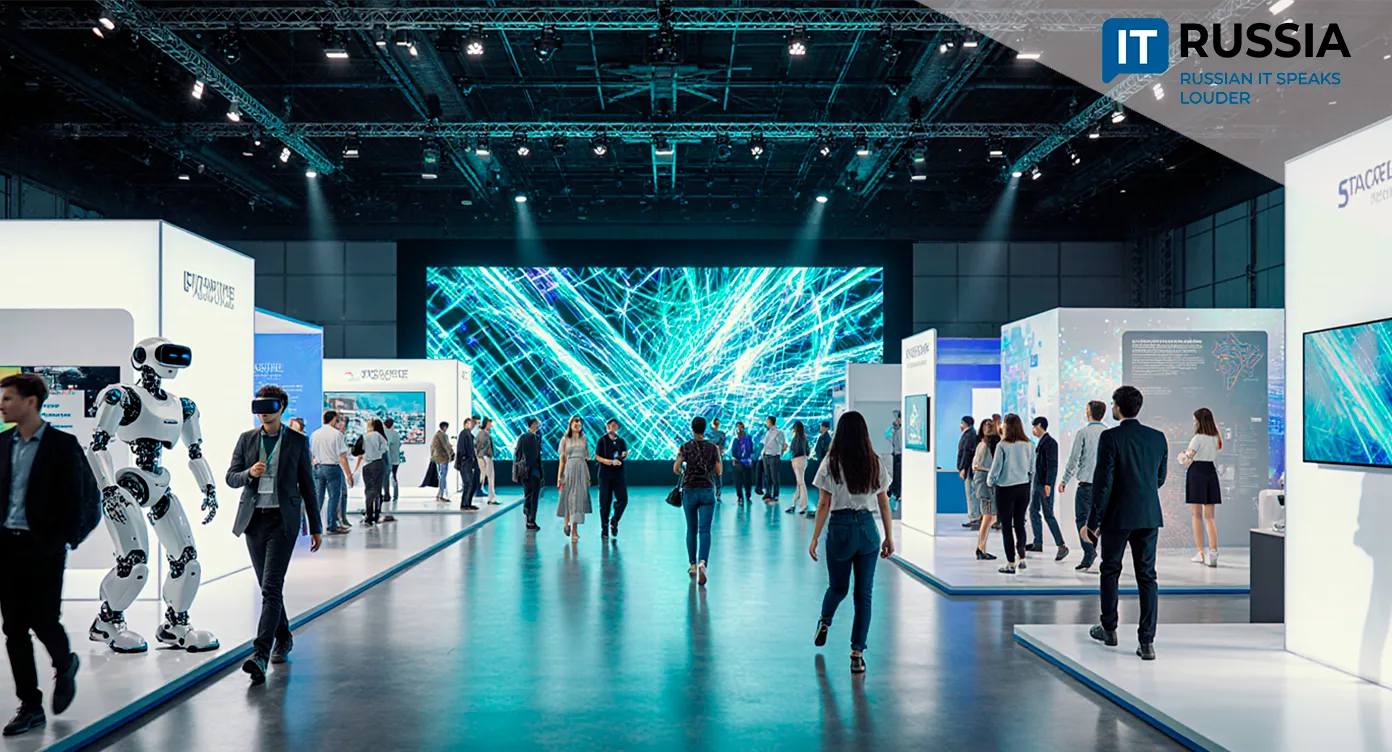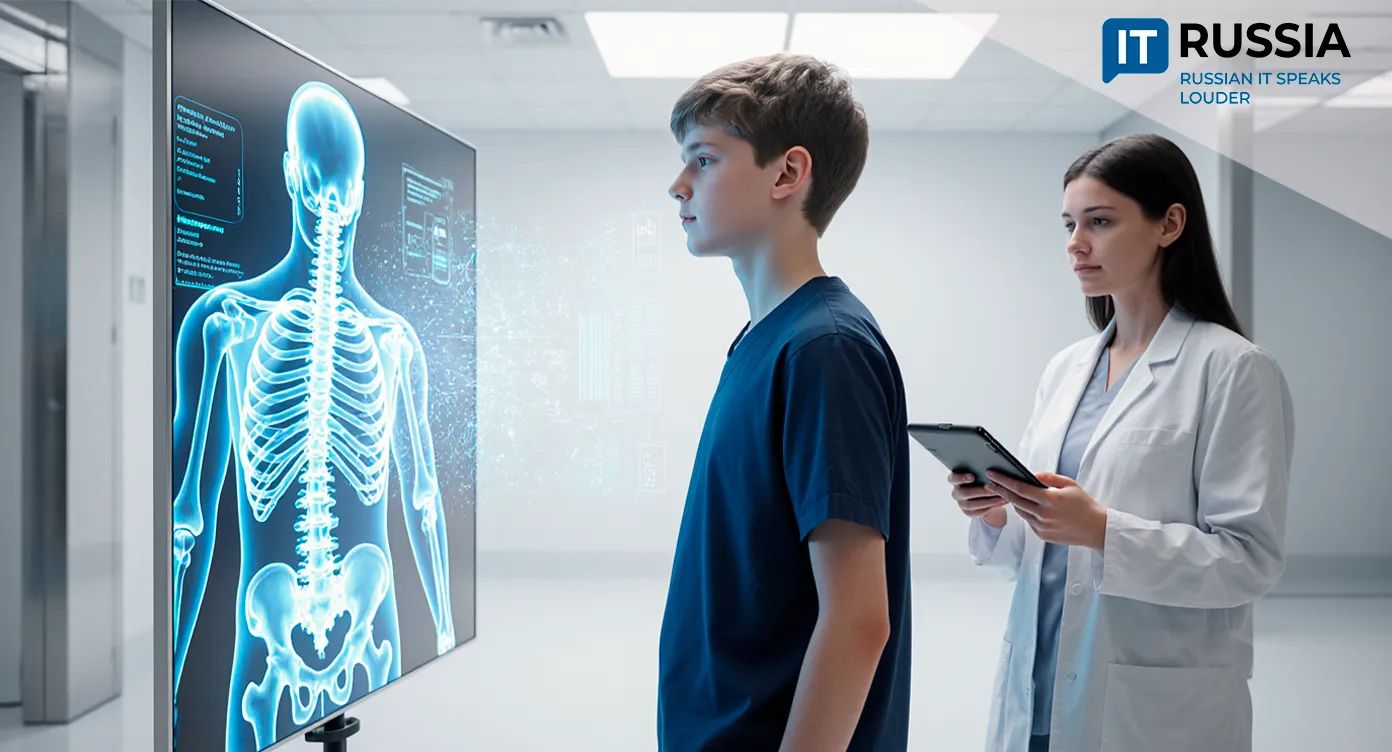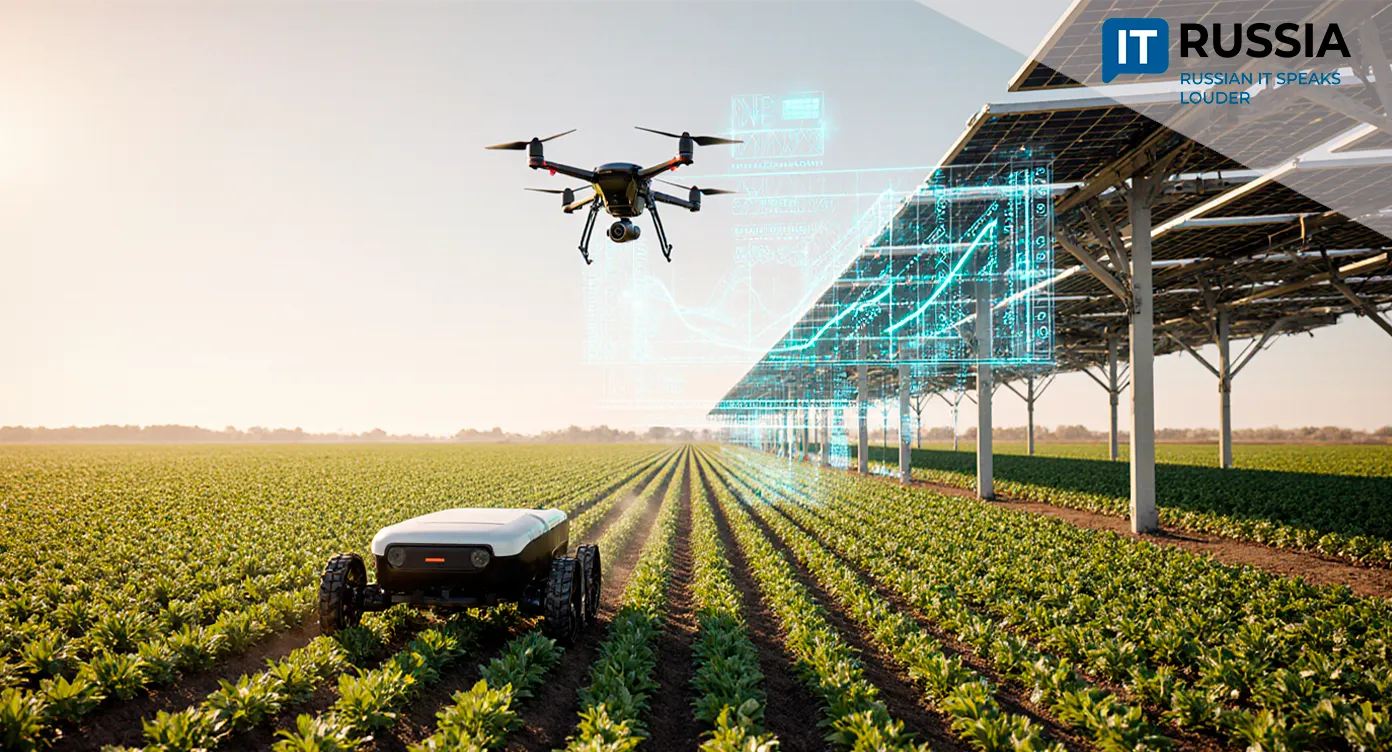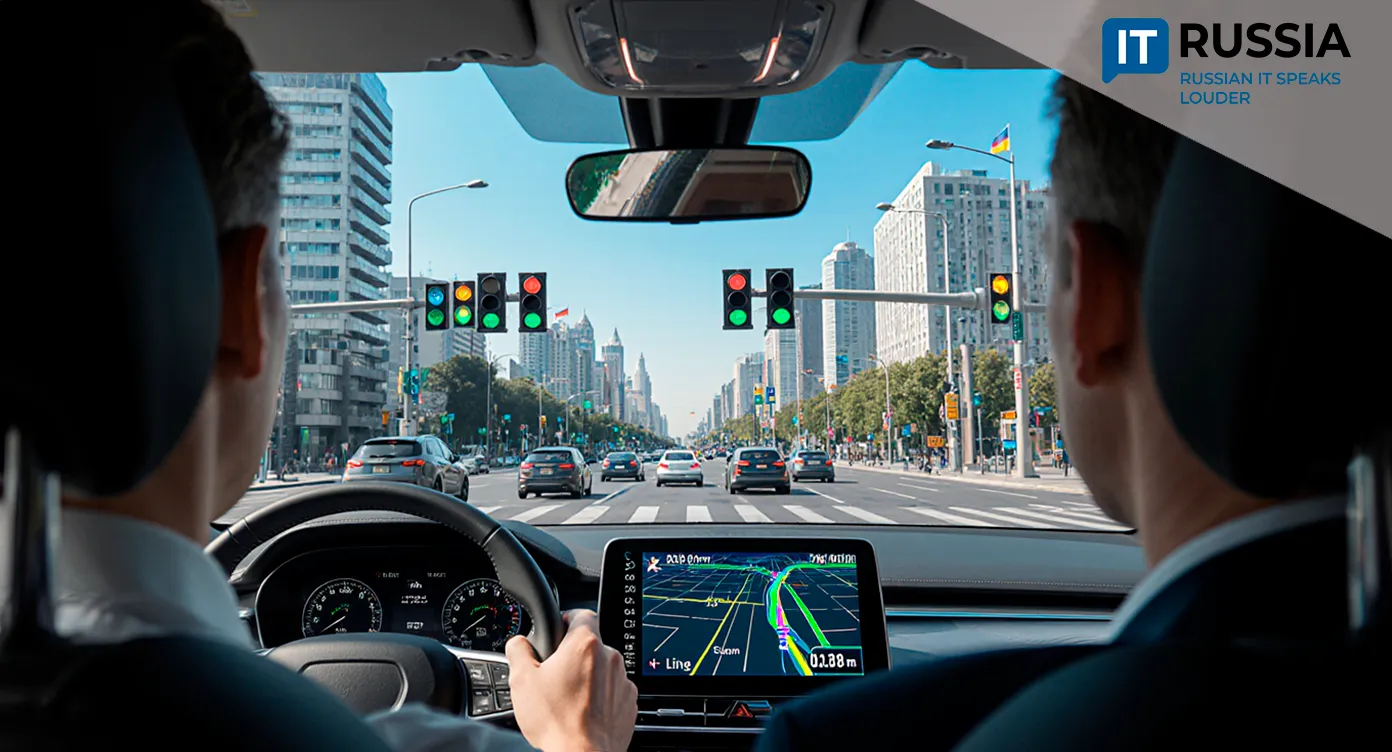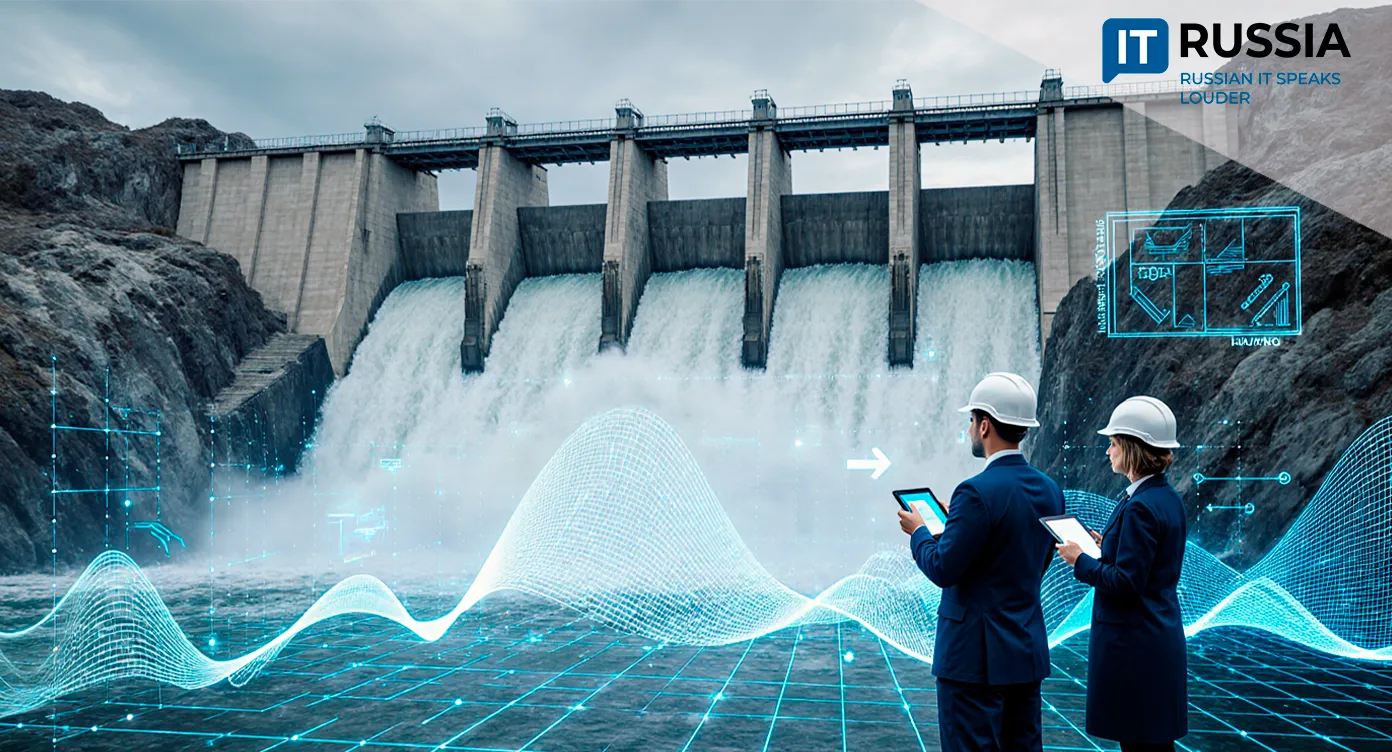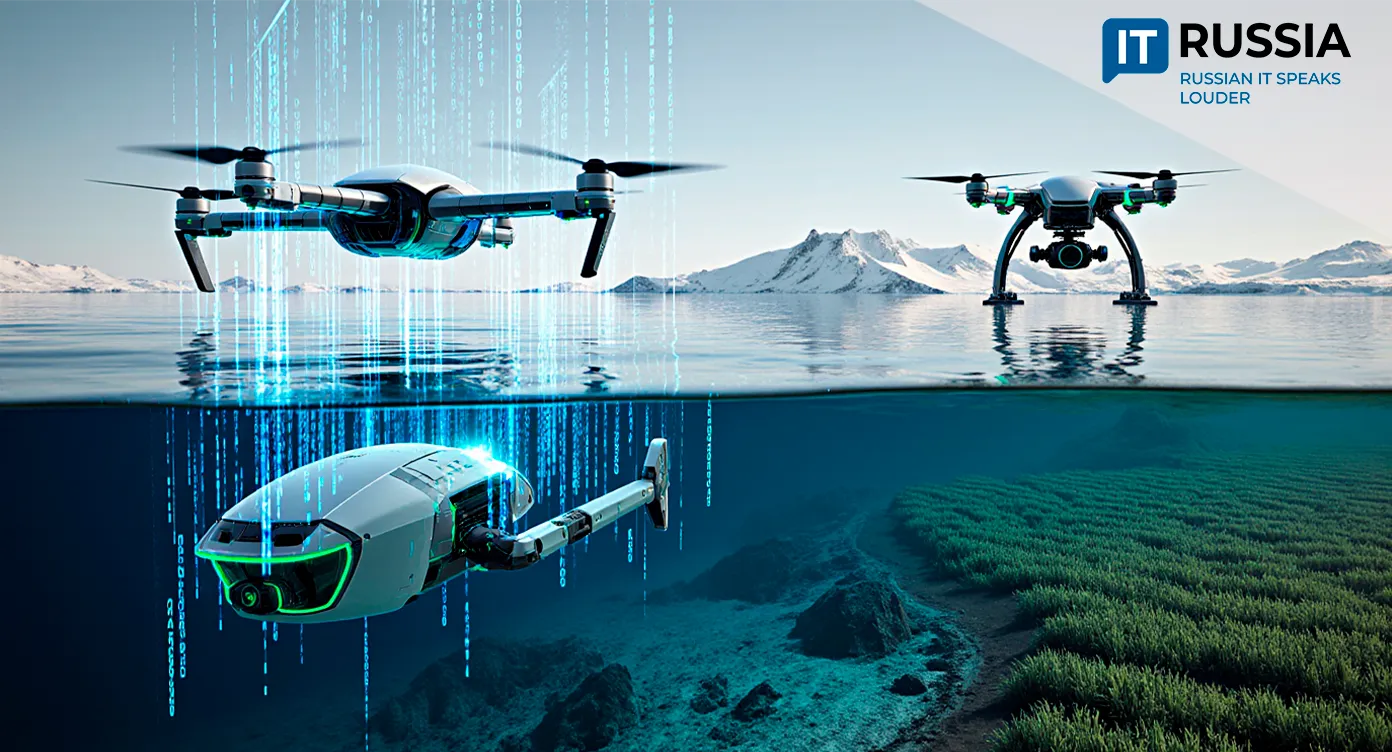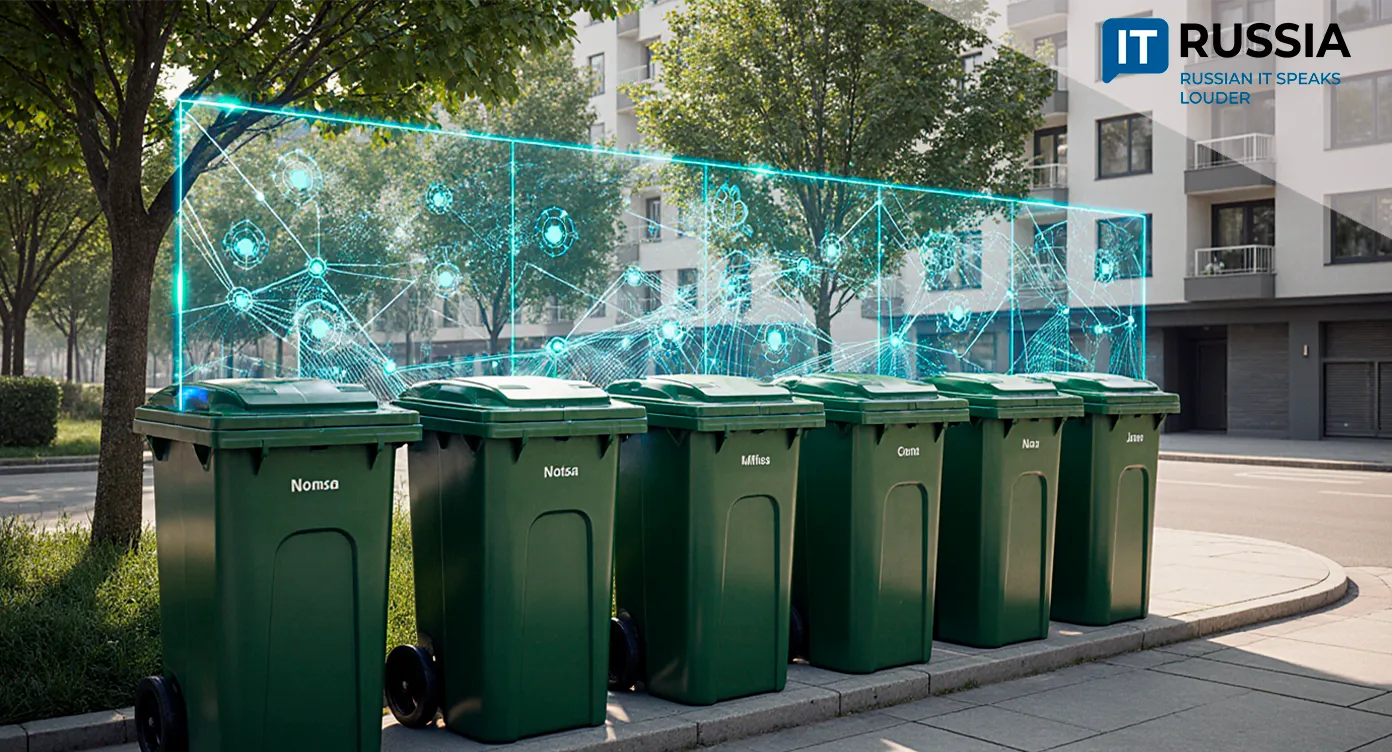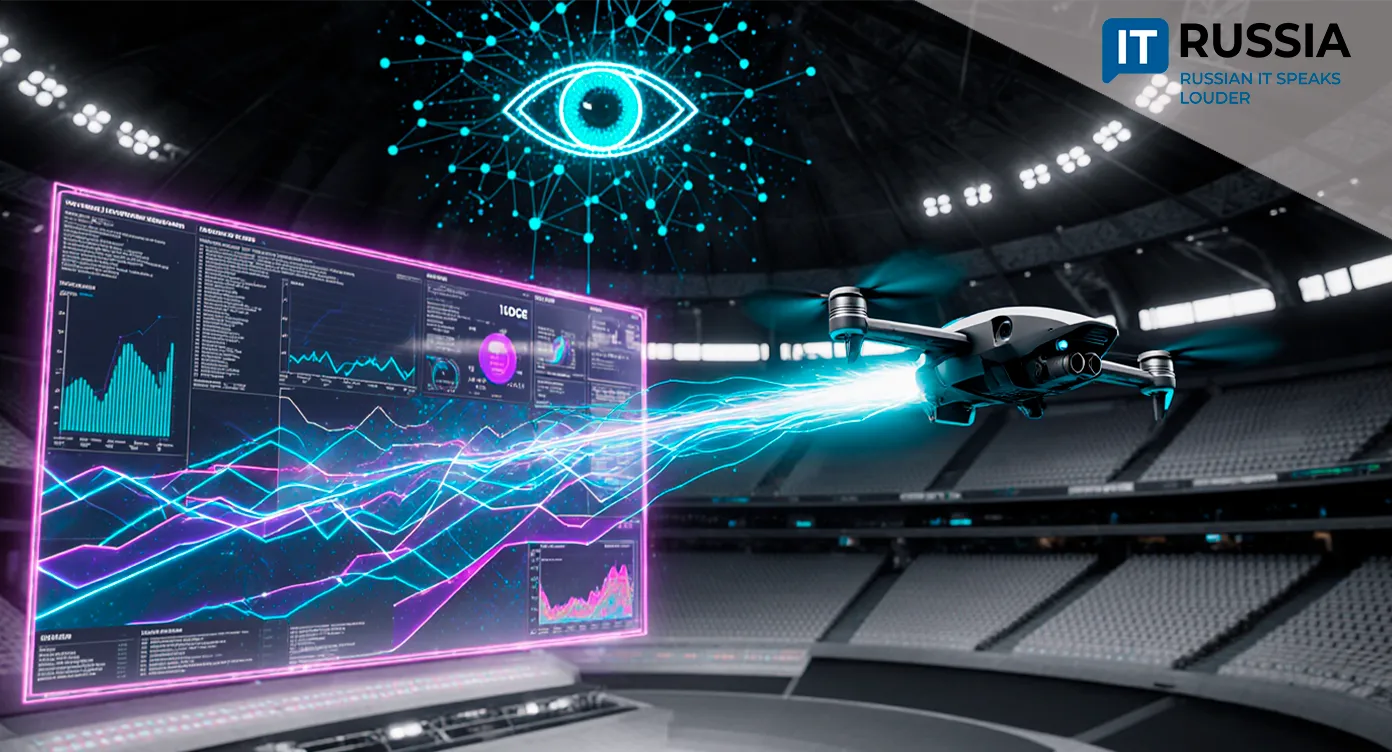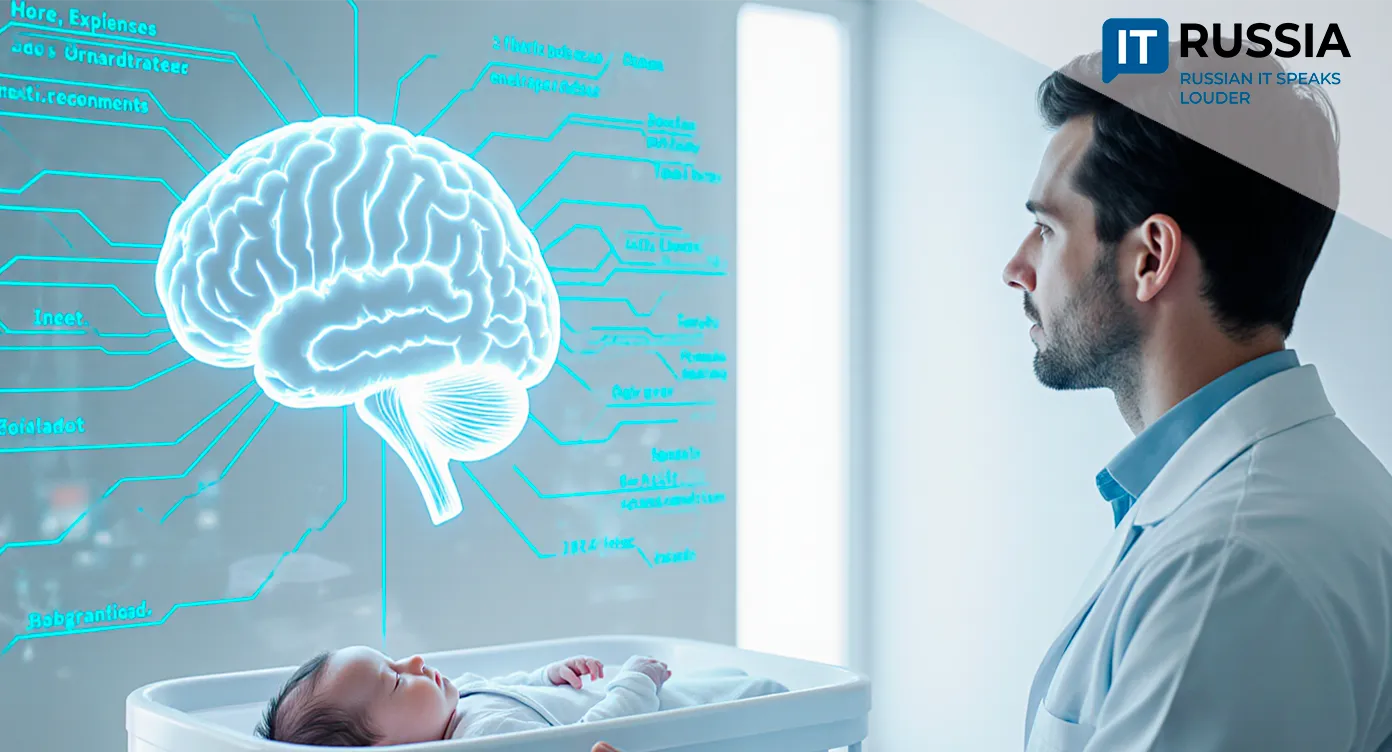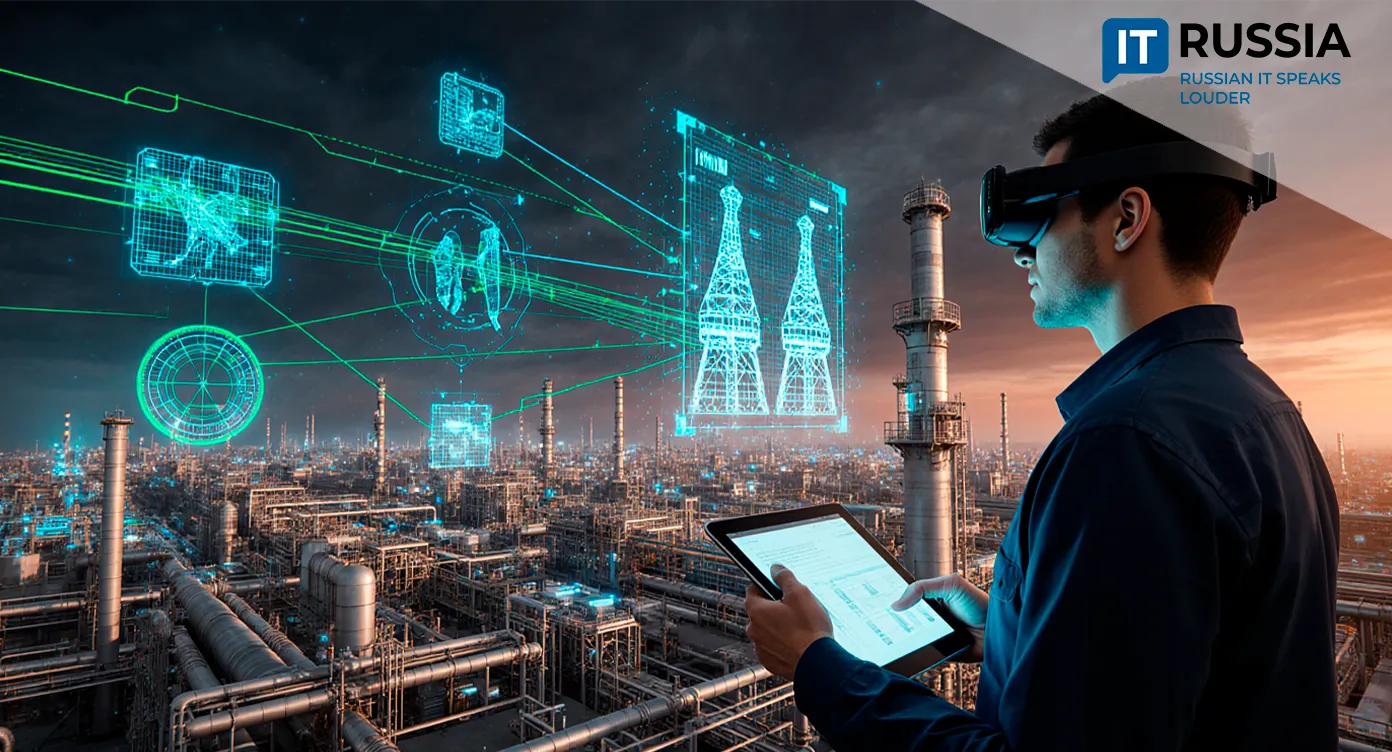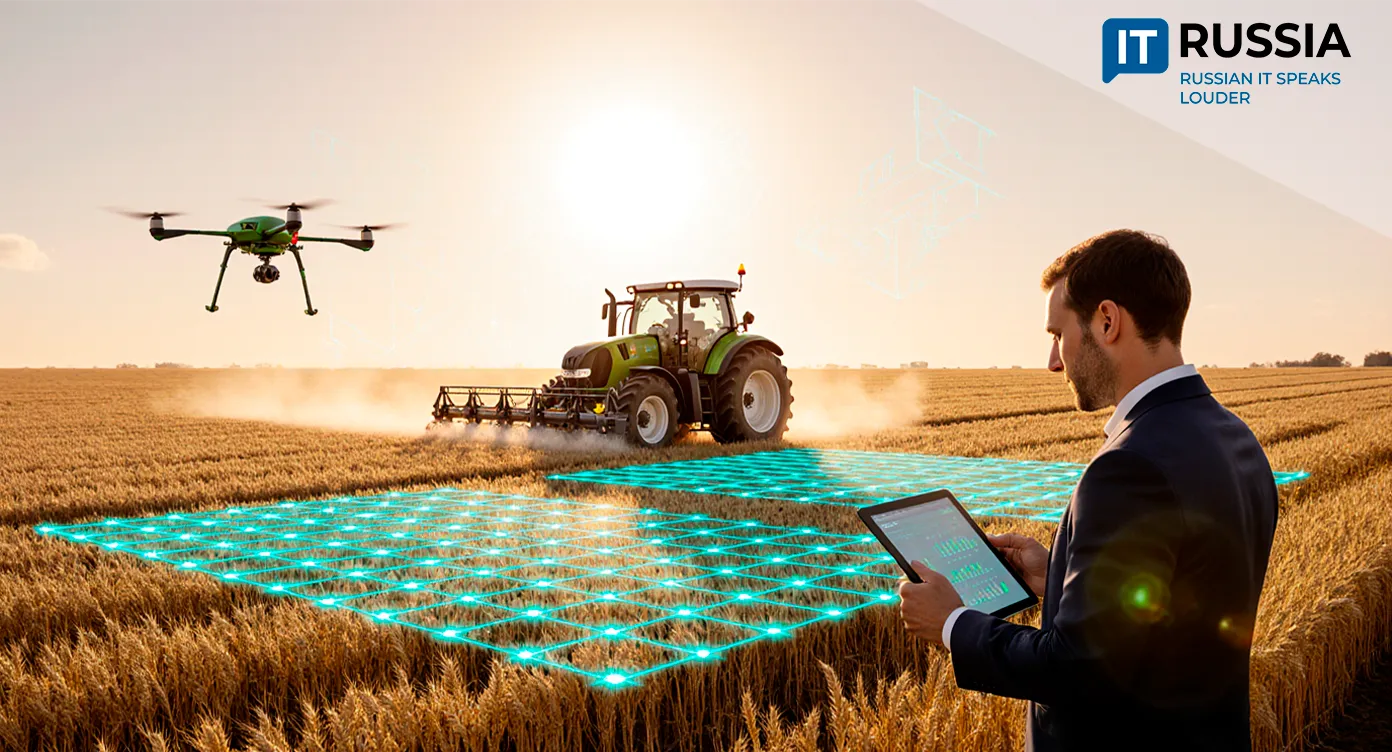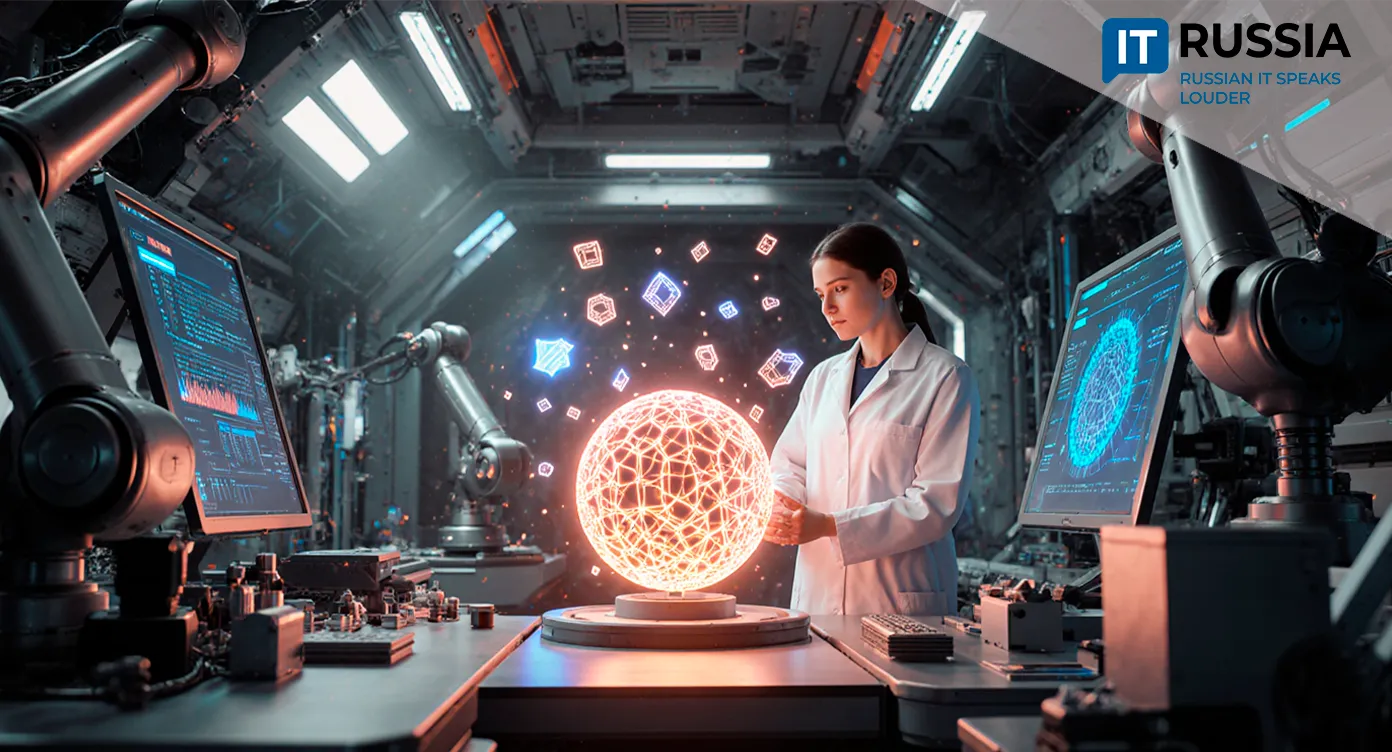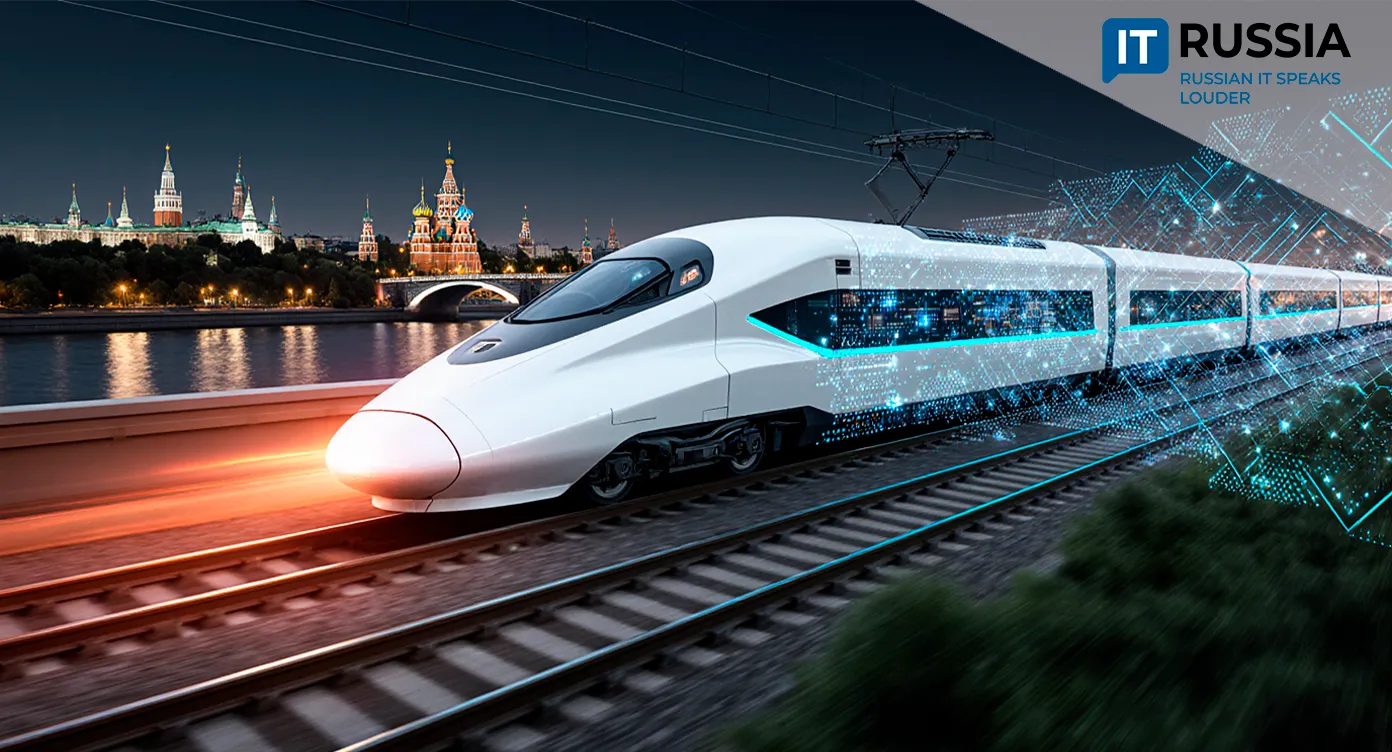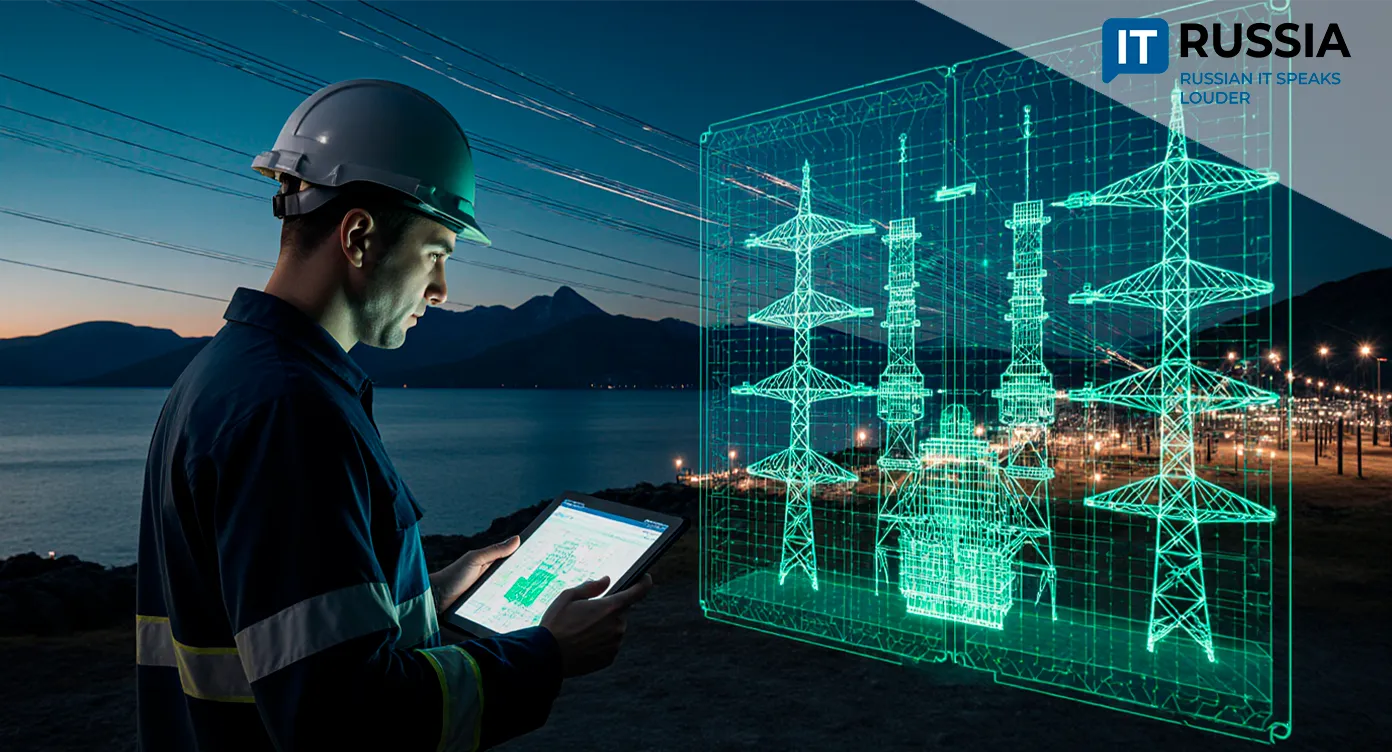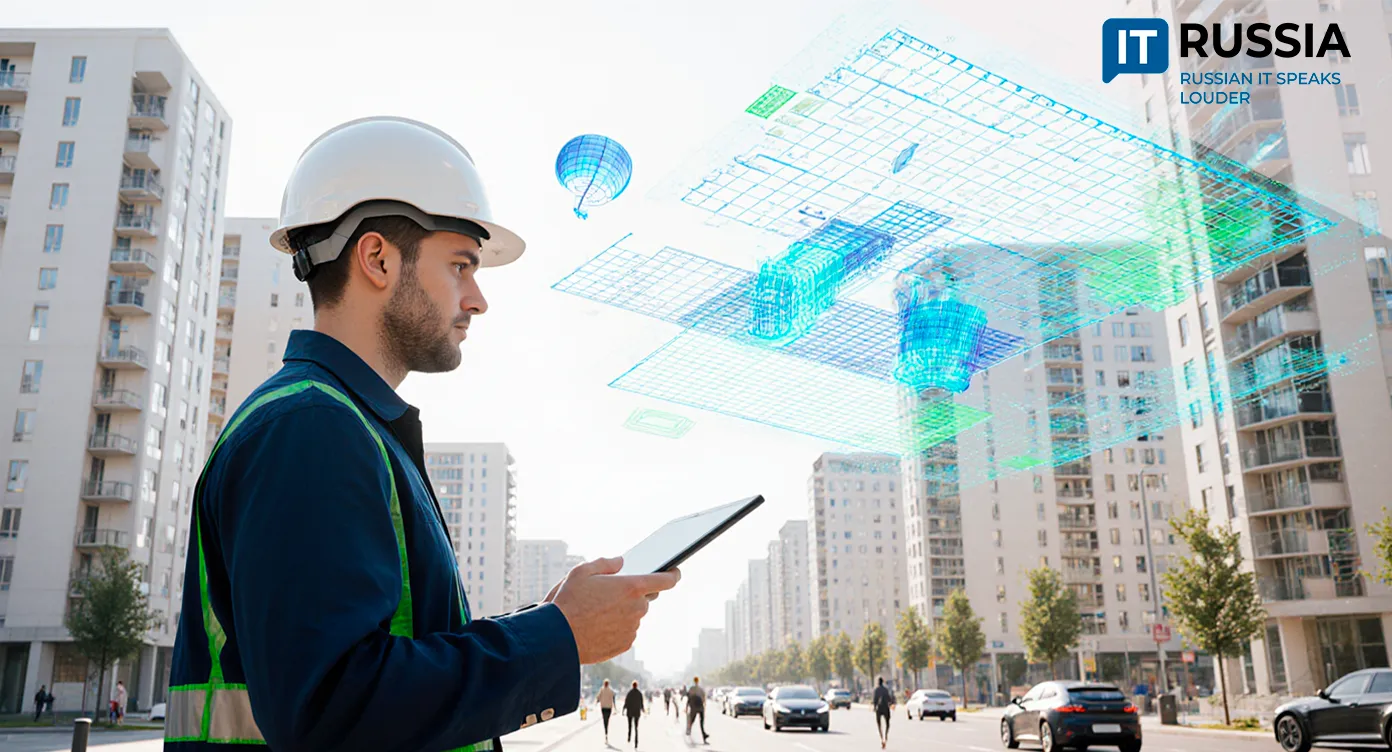Smart Eco-City: Neural Networks to Keep Russian Streets Cleaner
In Russia, artificial intelligence is becoming a central tool for upgrading urban infrastructure. One of the most ambitious projects in this field is the 'Smart Eco-City' initiative, developed by the Advanced Engineering School 'Heart of the Urals' at South Ural State University (SUSU).
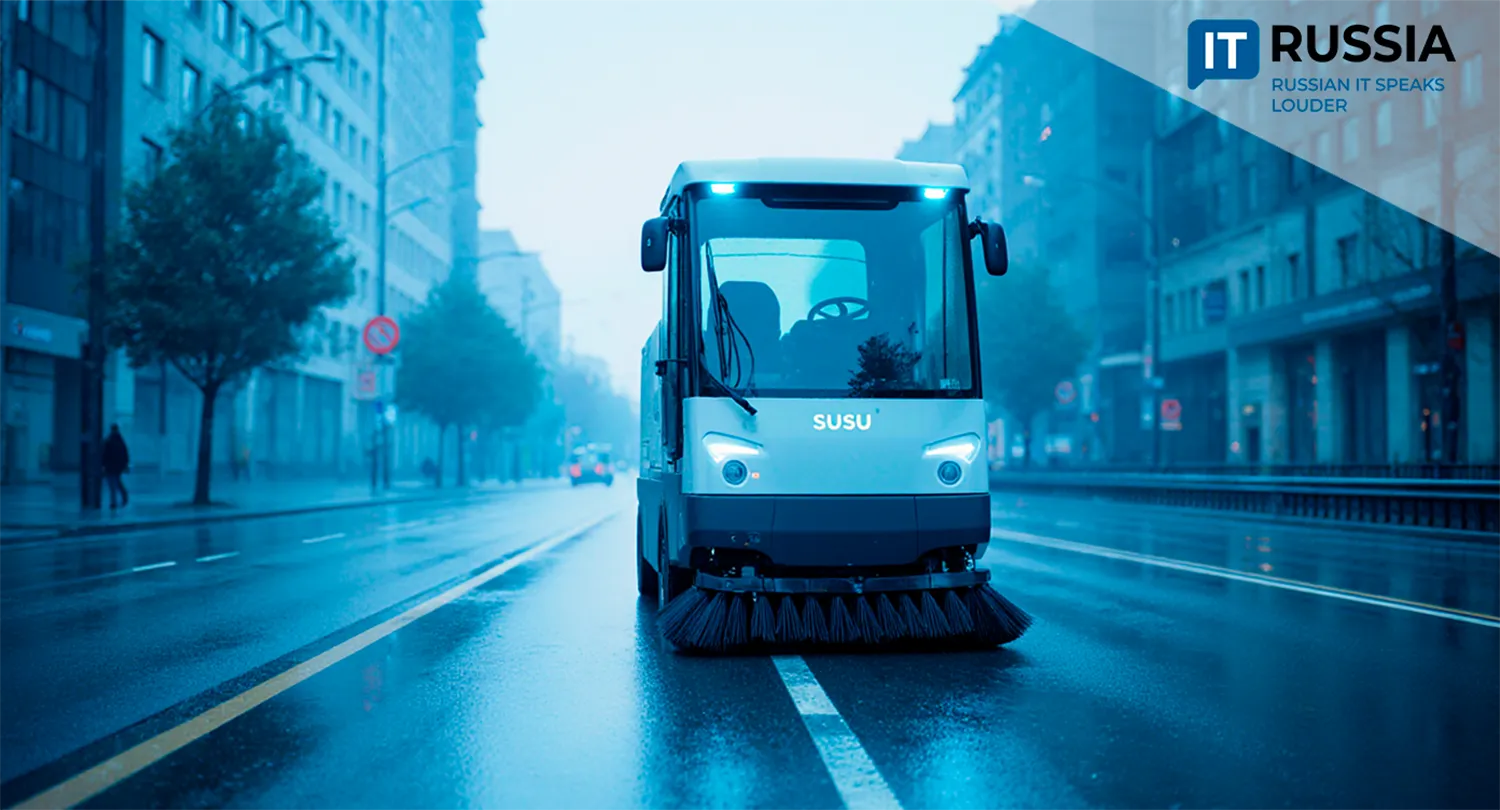
An Innovative Approach to Urban Management
The 'Smart Eco-City' project is aimed at automating street cleaning and optimizing municipal services using computer vision and deep learning. It is a digital hardware-and-software system capable of analyzing road conditions, assessing pollution levels, and automatically adjusting the operating parameters of cleaning equipment.
The system regulates brush pressure, suction power, and water supply, and it also detects large debris to prevent equipment breakdowns. This not only improves cleaning efficiency but also significantly reduces energy consumption, which is particularly important for vehicles with electromechanical transmissions.
Expanding Beyond the Urals
The SUSU project has significant potential for scaling both within Russia and internationally. Its modular architecture allows integration with autonomous vehicles, aligning with global trends in smart city digitalization.
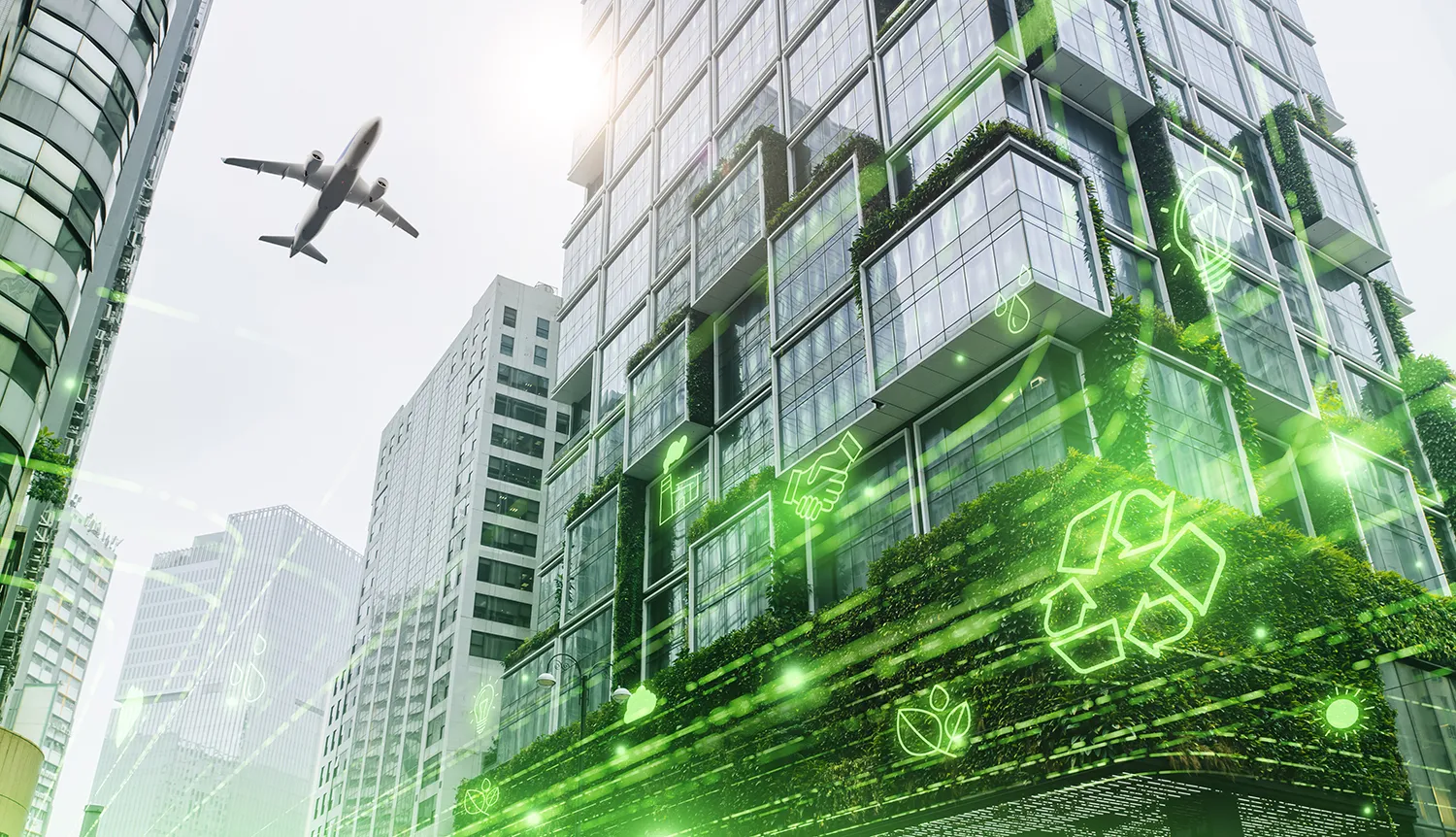
In Russia, the system can be replicated in other cities, connected to regional 'smart city' platforms, and expanded toward environmental monitoring and autonomous cleaning.
For citizens, the introduction of such technologies means cleaner streets, greater comfort, and enhanced safety. For Russia as a whole, it represents modernization and environmental sustainability of urban infrastructure.
Neural Networks for Cleaner Streets
Over the past five years, Russia’s housing and utilities sector has shown a consistent trend toward adopting AI-based solutions.
In Kazan, a neural network has been used for more than two years to monitor snow removal. Mobile cameras on garbage trucks and buses collect data on uncleared areas, which are then transmitted to municipal services. The system also tracks garbage accumulation and road defects.
St. Petersburg implemented a digital system to control winter cleaning in four districts, using 90,000 cameras from the 'Safe City' network.
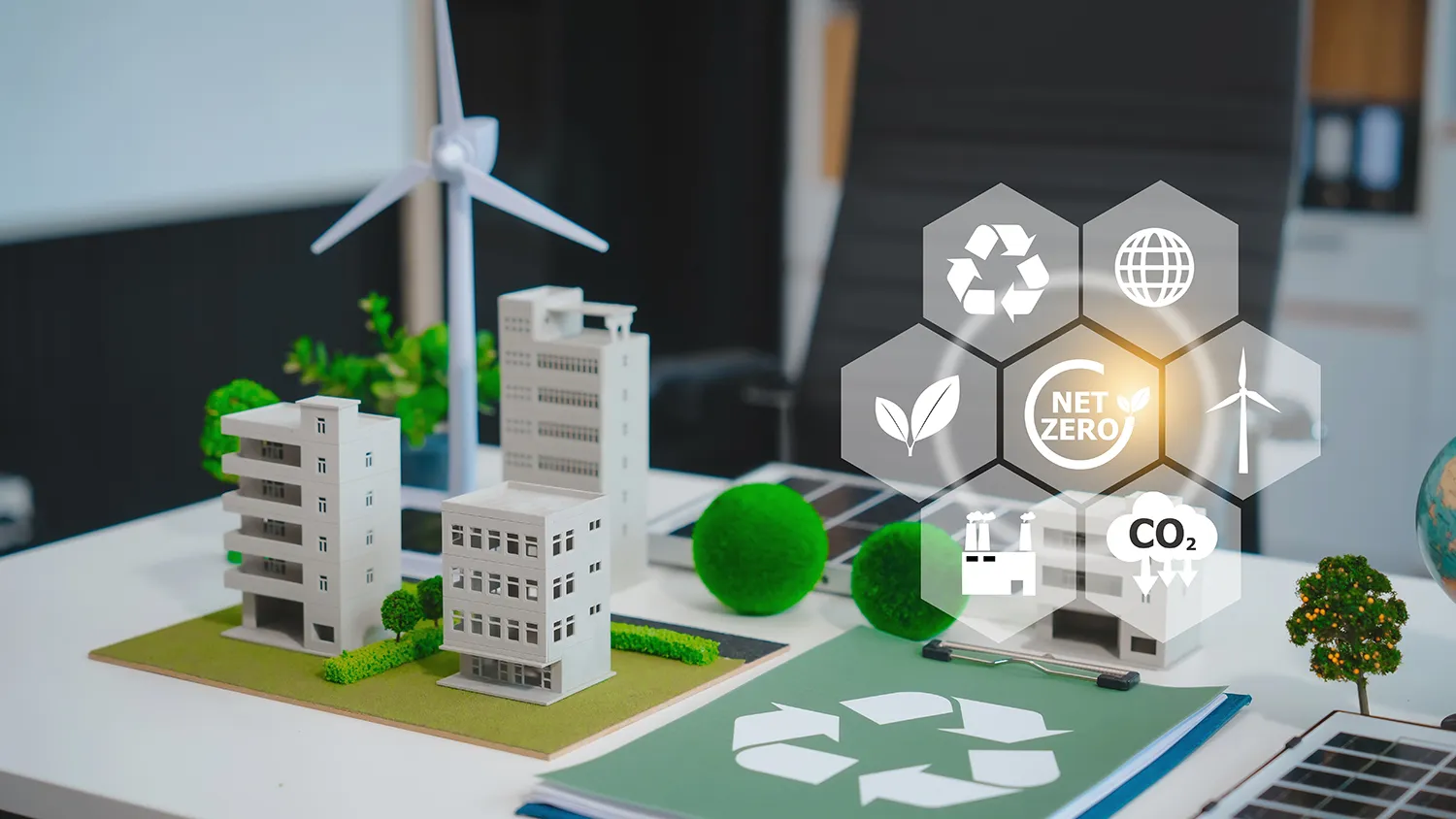
In Moscow, neural networks have become an integral part of urban management. In the winter of 2023, AI systems identified more than 24,900 uncleared road sections using surveillance camera screenshots. The Center for Automated Administrative Violation Recording has been testing such technologies since 2019.
In 2024, the Moscow region launched AI-based quality control of snow removal using 5,900 cameras from the 'Safe Region' system. The neural network analyzes video streams twice daily, detects violations, and sends information to municipal administrations.
These examples show that Russian regions are actively investing in the digitalization of urban management, creating a favorable environment for complex solutions such as 'Smart Eco-City'.
From Data Collection to Practical Solutions
The 'Smart Eco-City' initiative represents a major step in integrating education, science, and practical urban management. It not only strengthens SUSU’s reputation as a center of technological innovation but also makes a significant contribution to the digital transformation of Russia’s housing and utilities sector.
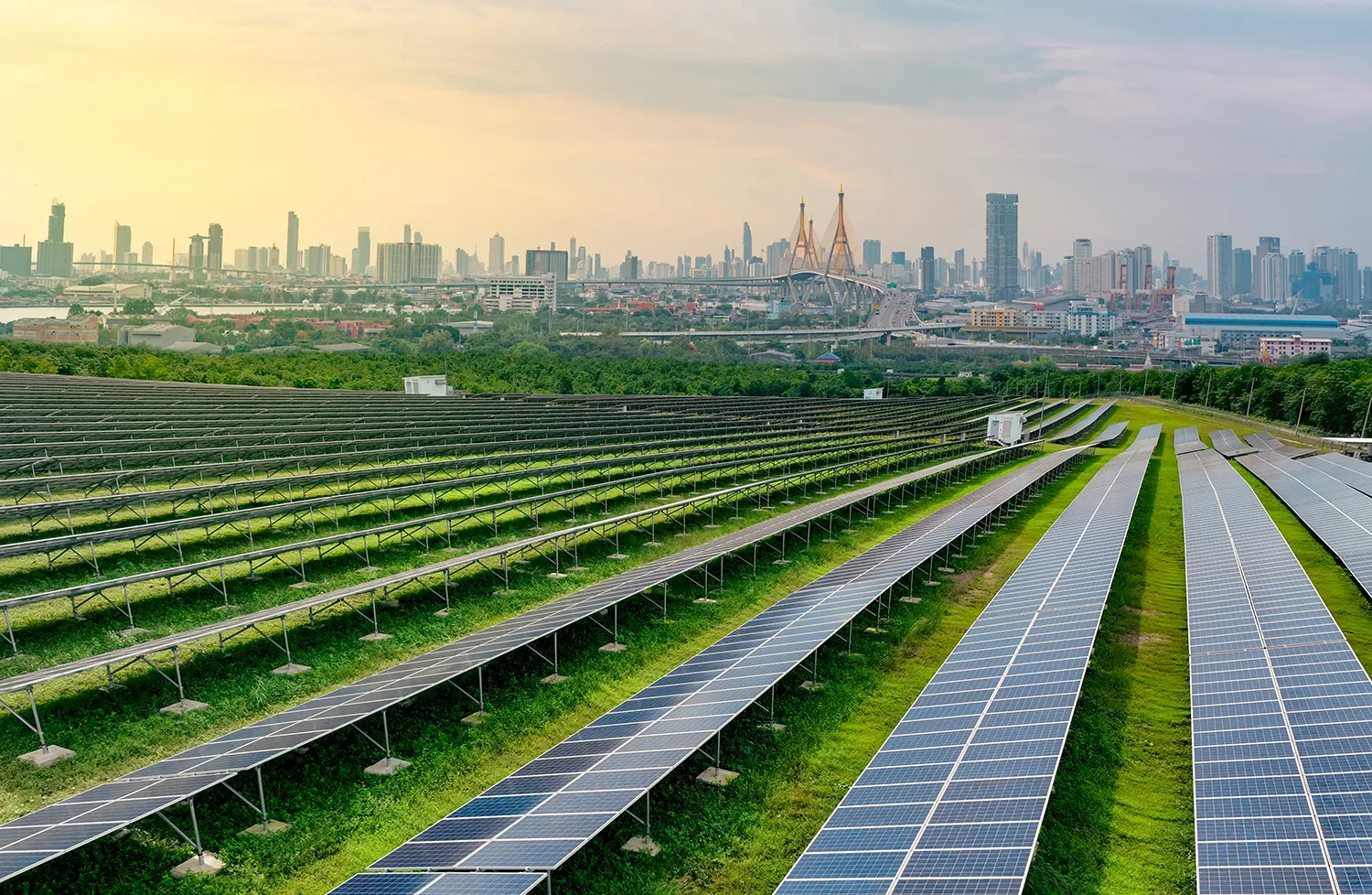
In the short term, the project will complete data collection and neural network training, followed by a pilot deployment at the Kurgan Road Machinery Plant. In the medium term, it will expand to other Russian cities and develop commercial versions of the system.
Projects like 'Smart Eco-City' demonstrate how modern IT solutions can transform traditional industries, making them more efficient, environmentally friendly, and responsive to citizens’ needs.



